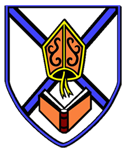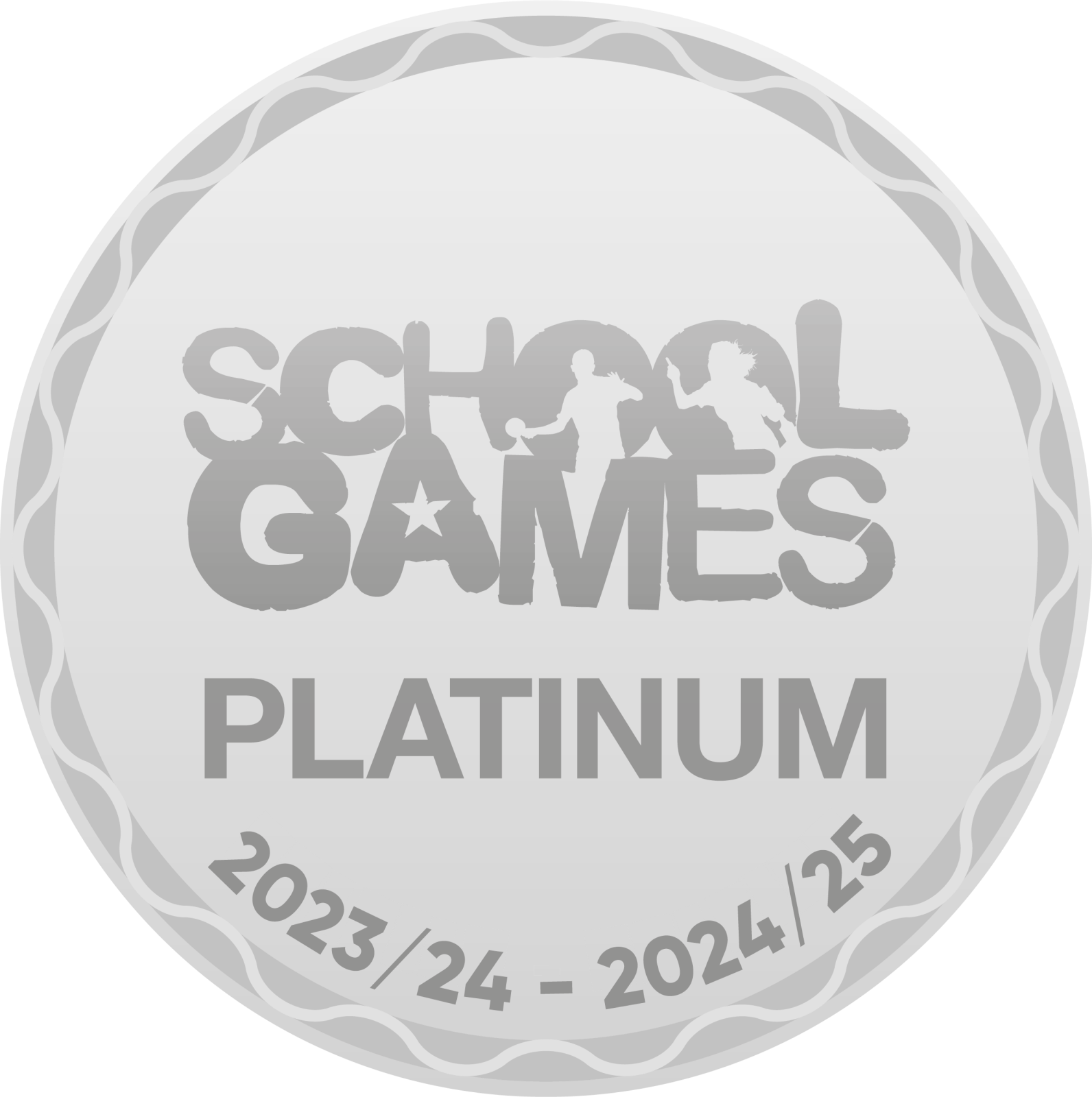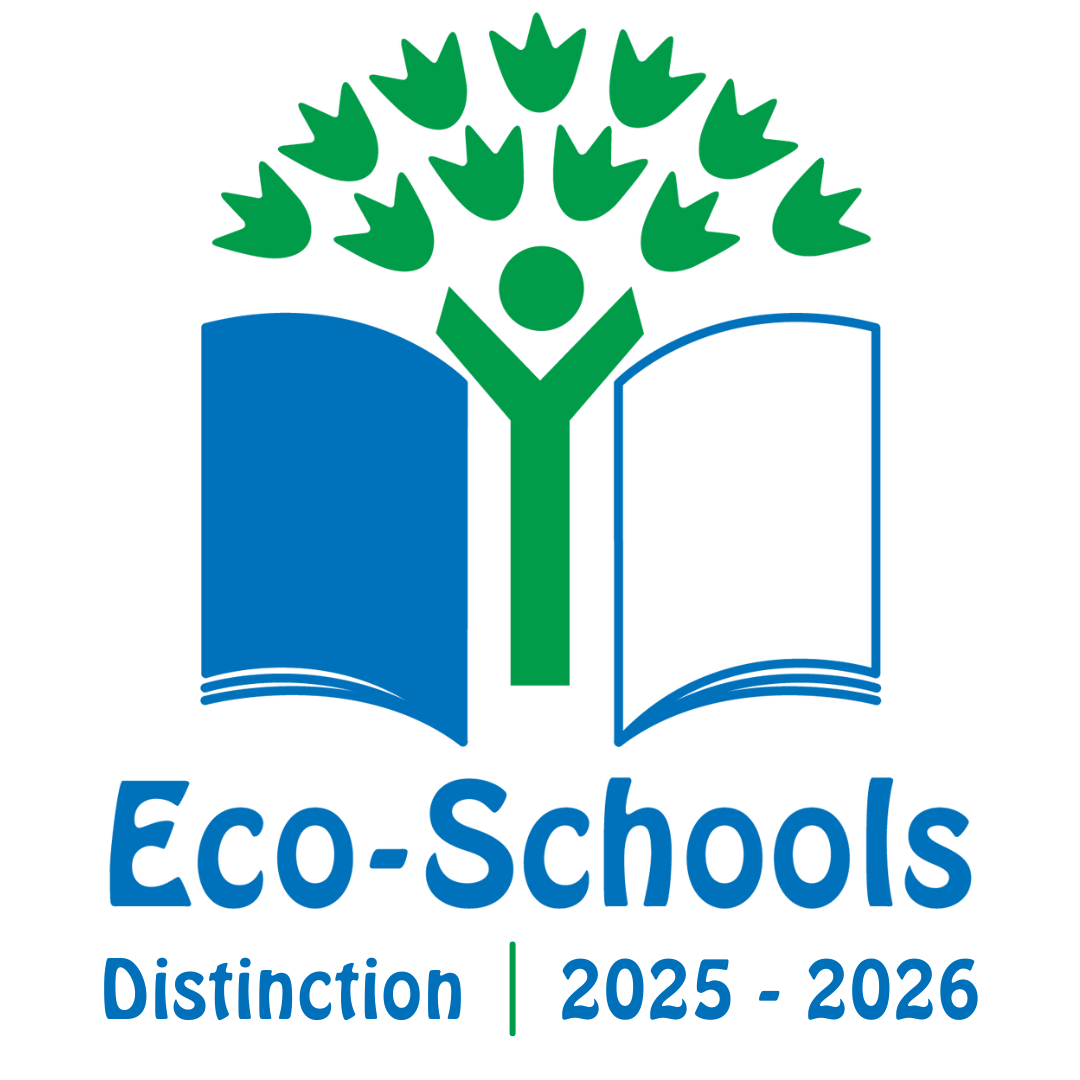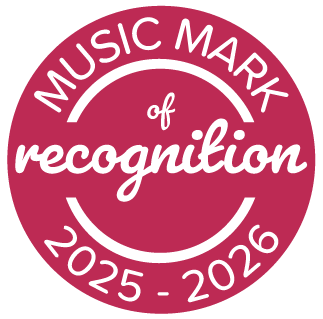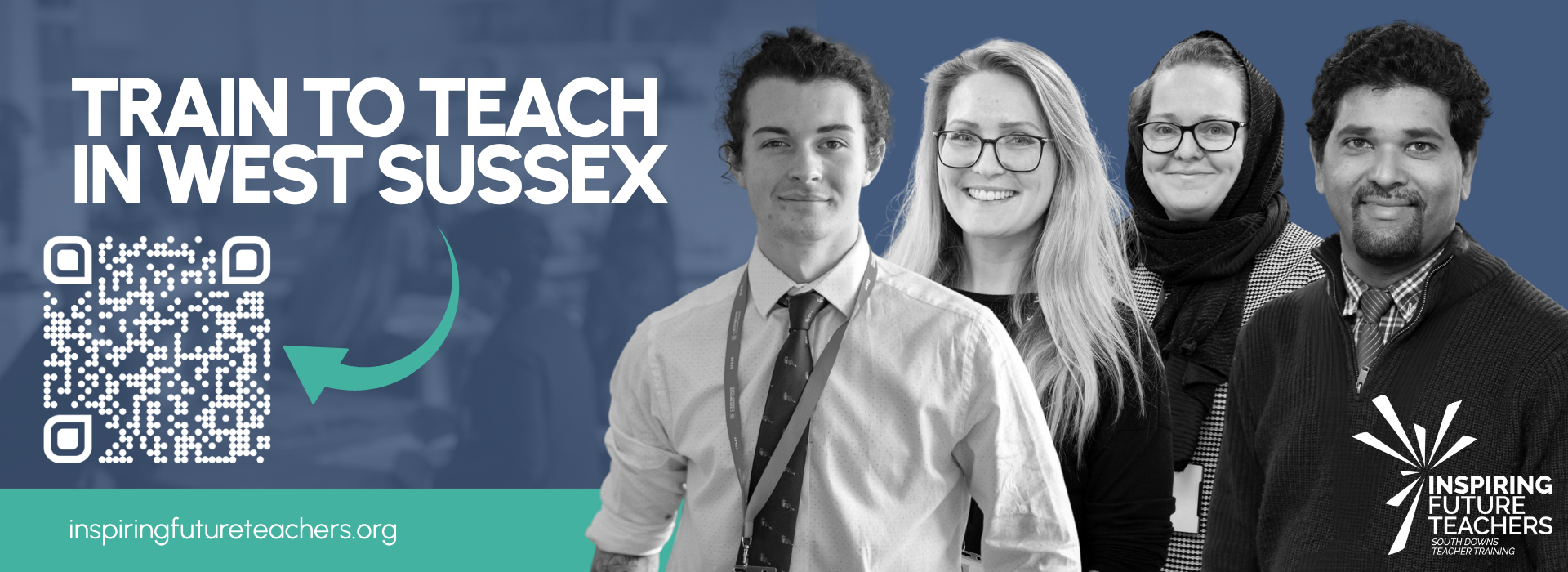Maths
Intent
At Thomas A Becket Junior School we believe that there is more to mathematics than just learning key skills and practising these in class – using and applying their knowledge must be at the heart of our curriculum. Children are given the opportunity to work like a 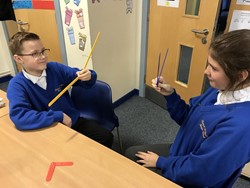 mathematician and make good progress during their time at Thomas A Becket. Mathematics is an essential part of everyday life and as such, it is essential we strive to enthuse and motivate our children to develop a love of the subject. We aim to make maths fun and teach it in many practical ways that allow children to develop the number and problem solving skills that they can apply with confidence and independence within ‘real life’ situations.
mathematician and make good progress during their time at Thomas A Becket. Mathematics is an essential part of everyday life and as such, it is essential we strive to enthuse and motivate our children to develop a love of the subject. We aim to make maths fun and teach it in many practical ways that allow children to develop the number and problem solving skills that they can apply with confidence and independence within ‘real life’ situations.
Each child is given every opportunity to improve and progress their knowledge, understanding and skills in all aspects of maths. Through talking about their learning, they know what they are able to do well and how they can improve their skills further. Through direction from adults working with the child and discussions with their peers, we believe that every child will have the potential to do their best and show the progress expected of them.
Implementation
The school’s planning for mathematics is based on the 2014 National Curriculum for mathematics teaching from year 3 to year 6. Building on wh at children have learnt and can do at Key Stage 1, our aim is to prepare the children for the next stages of their education and life beyond.
at children have learnt and can do at Key Stage 1, our aim is to prepare the children for the next stages of their education and life beyond.
The national curriculum for mathematics aims to ensure that all children:
- become fluent in the fundamentals of mathematics, including through varied and frequent practice with increasingly complex problems over time, so that children develop conceptual understanding and the ability to recall and apply knowledge rapidly and accurately.
- reason mathematically by following a line of enquiry, conjecturing relationships and generalisations, and developing an argument, justification or proof using mathematical language
- can solve problems by applying their mathematics to a variety of routine and non- routine problems with increasing sophistication, including breaking down problems into a series of simpler steps and persevering in seeking solutions.
 In all years, mathematics lessons are timetabled five days a week and the children are grouped according to ability. The organisation of these groups is different across years 3, 4, 5 and 6 as it depends on the needs of the children. In year 3 the children are taught maths in their own class until early in the autumn term when we move into ability groups. Teachers plan together to ensure the pitch of lessons is appropriate and challenging. Homework is set every week and builds on the learning in class. Where possible the maths planning is linked to topics.
In all years, mathematics lessons are timetabled five days a week and the children are grouped according to ability. The organisation of these groups is different across years 3, 4, 5 and 6 as it depends on the needs of the children. In year 3 the children are taught maths in their own class until early in the autumn term when we move into ability groups. Teachers plan together to ensure the pitch of lessons is appropriate and challenging. Homework is set every week and builds on the learning in class. Where possible the maths planning is linked to topics.
It is essential that children make connections with prior learning so that they are better placed to apply that learning to the new situation. This skill will ensure the child's confidence in maths grows, and when children feel confident in a subject, they make progress.
The principal focus of mathematics teaching in lower Key Stage 2 is to ensure that children  become increasingly fluent with whole numbers and the four operations, including number facts and the concept of place value. This should ensure that children develop efficient written and mental methods and perform calculations accurately with increasingly large whole numbers. At this stage, children should develop their ability to solve a range of problems, including with simple fractions and decimal place value. Teaching should also ensure that children draw with increasing accuracy and develop mathematical reasoning so they can analyse shapes and their properties, and confidently describe the relationships between them. It should ensure that they can use measuring instruments with accuracy and make connections between measure and number. By the end of year 4, children should have memorised their multiplication tables up to and including the 12 multiplication table and show precision and fluency in their work. Children should read and spell mathematical vocabulary correctly and confidently, using their growing word reading knowledge and their knowledge of spelling.
become increasingly fluent with whole numbers and the four operations, including number facts and the concept of place value. This should ensure that children develop efficient written and mental methods and perform calculations accurately with increasingly large whole numbers. At this stage, children should develop their ability to solve a range of problems, including with simple fractions and decimal place value. Teaching should also ensure that children draw with increasing accuracy and develop mathematical reasoning so they can analyse shapes and their properties, and confidently describe the relationships between them. It should ensure that they can use measuring instruments with accuracy and make connections between measure and number. By the end of year 4, children should have memorised their multiplication tables up to and including the 12 multiplication table and show precision and fluency in their work. Children should read and spell mathematical vocabulary correctly and confidently, using their growing word reading knowledge and their knowledge of spelling.
The principal focus of mathematics teaching in upper Key Stage 2 is to ensure that children extend their understanding of the number system and place value to include larger integers. This should develop the connections that children make between multiplication and division with fractions, decimals, percentages and ratio. At this stage, children should develop their ability to solve a wider range of problems, including increasingly complex properties of numbers and arithmetic, and problems demanding efficient written and mental methods of calculation. With this foundation in arithmetic, children are introduced to the language of algebra as a means for solving a variety of problems. Teaching in geometry and measures should consolidate and extend knowledge developed in number. Teaching should also ensure that children classify shapes with increasingly complex geometric properties and that they learn the vocabulary they need to describe them. By the end of year 6, children should be fluent in written methods for all four operations, including long multiplication and division, and in working with fractions, decimals and percentages. Children should read, spell and pronounce mathematical vocabulary correctly.
Numeracy is the development and application of mathematics across the curriculum and in real life situations. Skills in numeracy should help children to make informed and responsible choices and decisions throughout their lives.
 Throughout the school, children will engage in a wide range of purposeful activities that involve them in different modes of mathematical learning, including playing, exploring and investigating, doing and observing, talking and listening, asking questions, reflecting, drafting, reading and recording.
Throughout the school, children will engage in a wide range of purposeful activities that involve them in different modes of mathematical learning, including playing, exploring and investigating, doing and observing, talking and listening, asking questions, reflecting, drafting, reading and recording.
We are now taking more and more opportunities to allow the children to use our excellent computing resources to enhance the development of skills in mathematics.
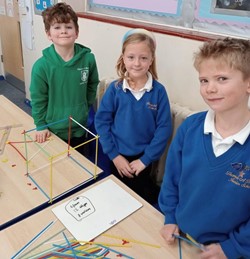

Impact
Our aim is that all children will transition to their high schools with a mathematical knowledge and understanding that will enable them to be successful in KS3 and KS4. We want our children at TAB to enjoy their maths learning, and as a result make good progress from their starting points.
As a school, we have been consistently above the national average for the expected standard in maths at the end of KS2 and our children are well prepared for high school.
Resources to support Maths learning
Websites & other links to extend and further learning at home include:
https://www.mathplayground.com
https://www.maths-games.org/times-tables-games.html
https://www.teachingtables.co.uk
Maths in Action
‘Having opportunities to work independently has helped me get better at maths’ (Year 4 pupil)
‘It’s nice when the teachers boost my confidence and tell me how well I’m doing.’ (Year 6 pupil)
‘We’ve learnt different methods to solve problems & this helps me in maths.’ (Year 6 pupil)
‘I really like the new arithmetic practice that we do because it gives me the chance to show just what I can really do!’ (Year 5 pupil)

